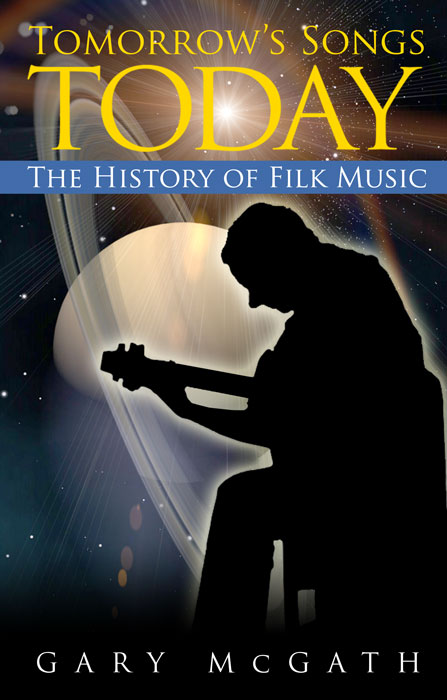There isn’t much news I can find about the Chengdu Science Fiction Museum, which is the site of next month’s Worldcon. The Zaha Hadid Architects website describes it as “under construction” and shows only drawings of it. However, my search turned up information on how memberships and related merchandise are being sold. I refer you to this article by Steve Davidson on the Amazing Stories website. It links to a File 770 article which I’d overlooked.
The news is that the Chengdu Worldcon is selling “tickets” through what is described as “a Ticketmaster-style service.” As Davidson notes, fan-run conventions don’t sell tickets; they sell memberships. The difference is that members have the opportunity to participate in large and small ways. Most aren’t listed on the program, but they can help with setup and breakdown, ask questions at panels, talk with pros at kaffeeklatsches, join discussions in the con suite, sing in the filksings, etc. That’s different from conventions such as the big comic cons, where the emphasis is more on hearing speakers in large halls, buying merchandise, getting photos and autographs, and so on. Both are legitimate activities, but trying to mix the models always turns out badly.
(more…)
 The second edition of
The second edition of